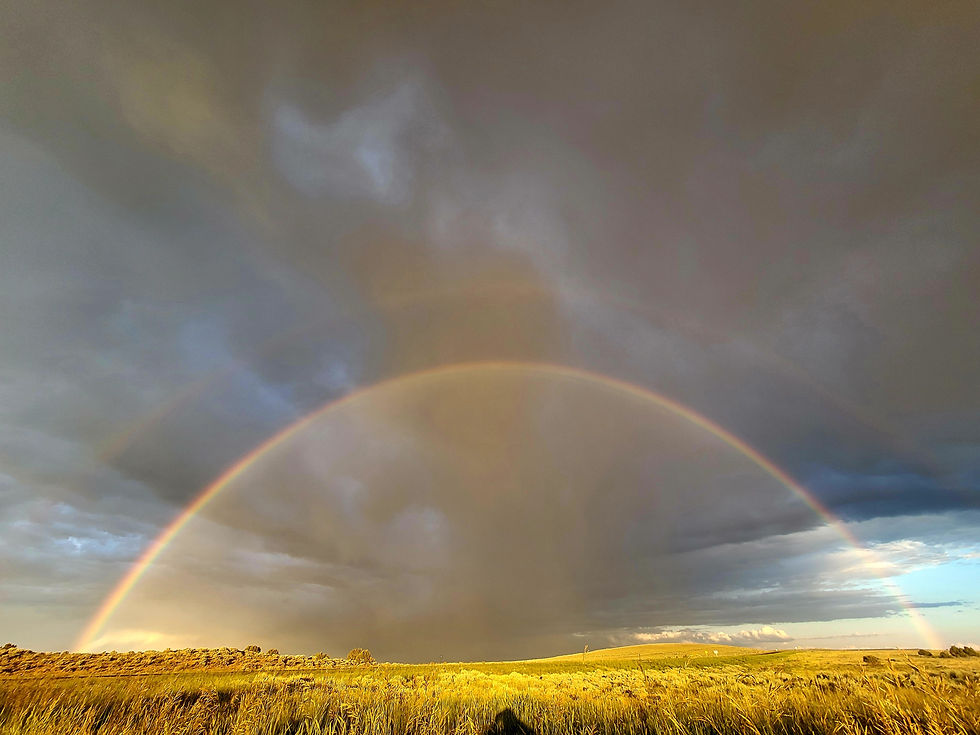The Freedom to Say, "This Is Not Okay."
- Germaine Cousin
- Jul 6, 2025
- 2 min read
Updated: Nov 4, 2025
I read a press release today that left me seeing red. Designed to destroy the victim, as if the sexual assault hadn’t done enough, the defense attorney, before any trial on the merits, announced as fact the victim’s lack of character and worthiness.
He not only killed her chances at a fair trial, but ensured no other victims came forward to fight the monster. After all, who would want their most intimate life torn to shreds, posted for all—including friends and family—to see? Who would want to publicly admit that she had dated a monster once who had shattered her perspective on relationships, left her doubting herself and her worth?
The defense attorney took another choice away from her, under the thin disguise of sharing “the truth.”
I wondered how she would rebuild. I wondered what support she had and I wondered at the invisible strength required to not only come forward against an abuser, but also one who had paid his way into being a pillar in her community.

Classes are taught at crime victim conferences about how abusers groom not only their victims but society as well. Repeat cases demonstrate how abusers deliberately position themselves to find those vulnerable to exploitation or those who will not be readily believed. We hear about grooming most frequently on child cases, but a similar dynamic exists with adult cases too. These cases require a fact-intensive inquiry with a trauma-informed approach to understand relationship dynamics and why those involved acted a certain way.
Ironically, once a victim comes forward to report a crime, so many other choices are also taken away. What he or she once survived in private becomes subject to analysis by complete strangers, whether with law enforcement, attorneys, or—in this case—the public at large.
So much of what we do remains helping victims reclaim their autonomy. Honor the few protections granted to victims under law, including the use of pseudonyms in these prosecutions. Respect the victim’s privacy. People survive unimaginable events, but that does not take away who else they are: parent, cousin, businessperson, church member, friend.
Saying “this is not okay” takes tremendous fortitude for a survivor. Refusing to allow past trauma to define him or her requires still more.
Rereading that press release, I prayed for the victim and her loved ones. I prayed that she kept her voice and that others carried her when she faltered; I prayed for wisdom and discernment in her community, and I prayed that her truth be heard.
While we all hold the freedom of speech, a victim’s voice should liberate, not cause contempt.



Comments